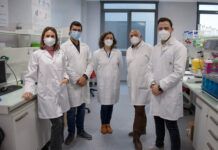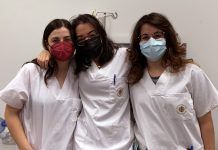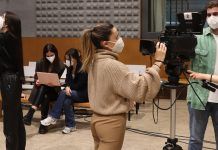It’s time get everything ready and make sure all the materials are in place before spring comes. This is a key moment of the year for beekeepers. Right now, César Cortés is dividing his time between his beehives and the start of the second semester lectures at the Faculty of Veterinary Medicine at the CEU Cardenal Herrera University.
For César, 2021 began with some good news: he’s been awarded a grant from the Federation of Veterinarians of Europe and MSD Animal Health. And he intends to use the grant to devote himself to his two passions: beekeeping and veterinary medicine.
“It’s something you don’t expect. To be selected from among so many applicants. 36 grants for 39 countries. Just five grants for the whole of Spain and two of them for CEU. I’m really happy!”
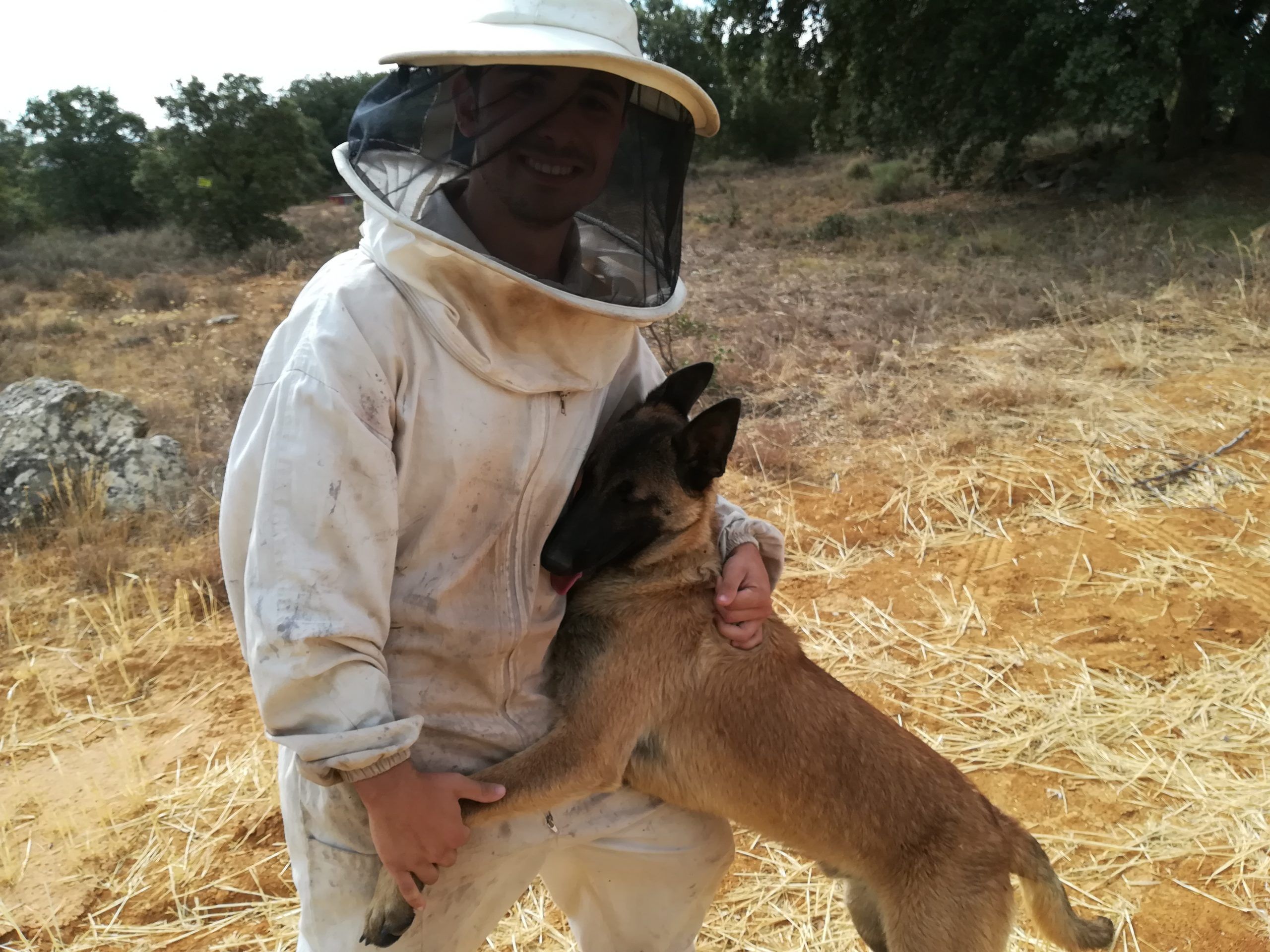
- César, when did you decide to put the suit on and become a beekeeper?
- I think I was nine years old when I started to go out more with my father into the countryside. At 11 years old, I was moving with livestock right up to Burgos. Beekeeping is in my family. It all started with my grandfather’s family, when they lived in the village of El Collado, in the interior of Valencia. They had hives for honey, to use as a natural sweetener. For my grandfather it started out as a hobby, and for my father too, but then when came along and I liked it…
- What’s it like working with beehives?
The season’s started now and the bees need a lot attention to make sure they’re in good health. You’ve got the changes in temperature, the hot weather comes early, but then it turns cold. There are thefts too. Every day is a challenge. In the past, you could leave the hives to themselves and the bees would make honey. Now you have to pay much more attention to them, because they don’t make honey and they even end up dying. It’s difficult. The bees are out in the open – it’s something you can’t control. Everything within a radius of 5km can affect them.
- How many hives does your family have?
Right now, we’ve got around 300. We’ve had up to 600, but this is a very bad year, in which we’ve seen high mortality. It’s been very hard and you can see 40 or 50 dead hives in a day. It’s very hard.
- Do you know why?
There are a lot of factors in play. It’s happening right across the beekeeping community: we’ve ended up with 50%, some others with more. There’s a lot of talk about the parasite Varroa, but it’s not just that. Varroa weakens them, it’s also a vehicle for other pathogens, and then you’ve got the use of pesticides. The diseases start when broods are being produced and it’s hard to counteract that. And then, of course, you’ve got climate change: today it’s hot, tomorrow it’s cold, next it’s raining and then we’re at 40 degrees. All that means that the bees don’t feed properly. Then you’ve got technology. There aren’t many studies in this sense, perhaps because there’s not enough interest, but I know that if you get a mobile out near a hive, the bees attack the mobile. That’s what I’ve seen.
- What kind of honey do the bees produce in your hives?
The main types we produce are made from orange blossom, thyme, heather, sunflowers, and hydrangeas.
- And how do you get it to consumers?
Via the cooperative called Melazahar, in Montroi. There are around 30 partners in the cooperative. We don’t produce much in terms of quantity, but the quality is very high.
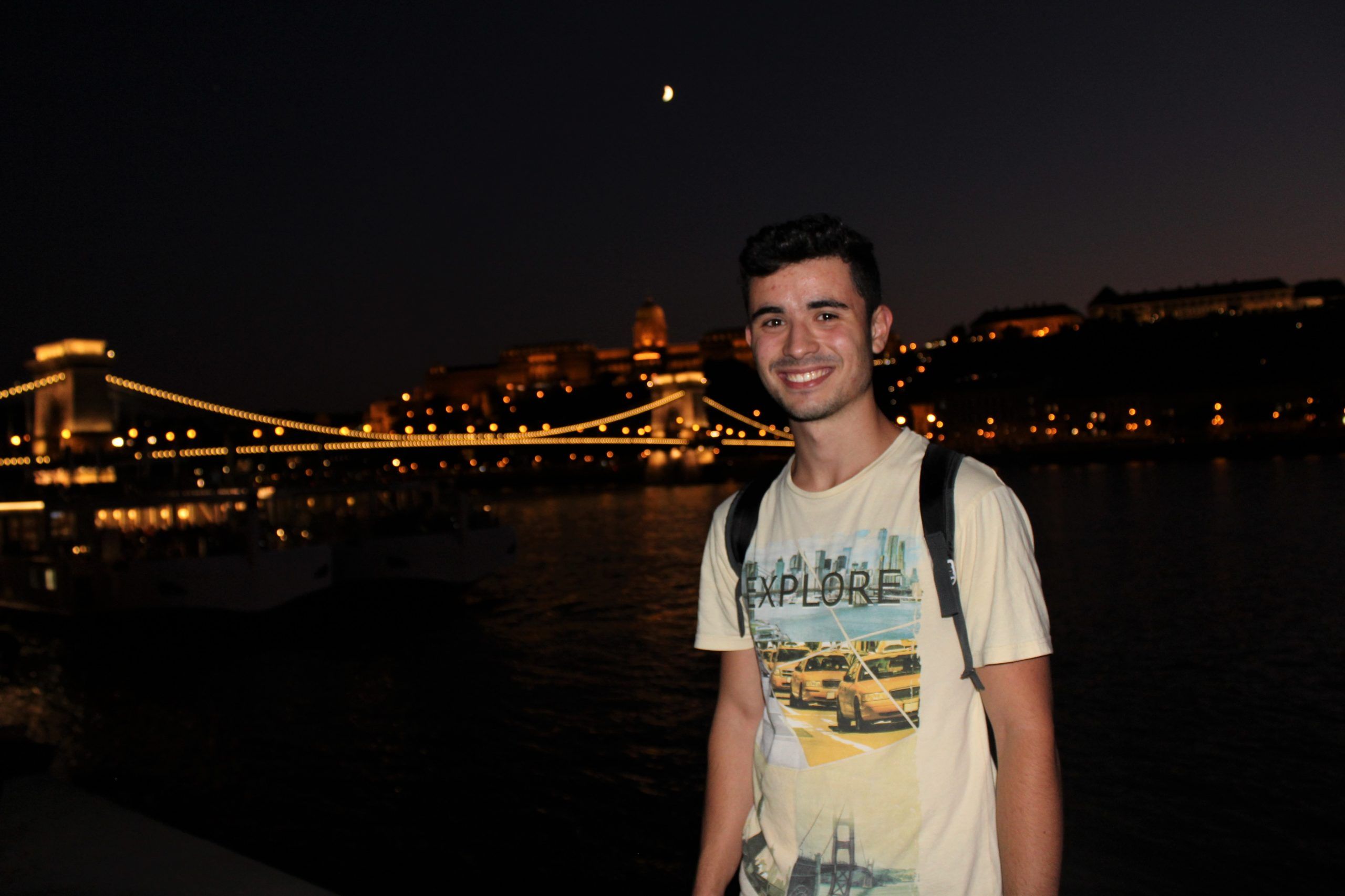
- “If we can’t save the bees, we’ll go hungry.” That was the message the UN put out on world Bee Day.
- There’s no doubt that bees are a bioindicator.
“If bee numbers go down, that means something is wrong with the environment, and that has a cost.”
- They also talked about the crucial role beekeeping plays. Does that publicity translate into support for the industry?
- Right now, no. There are countries which pay beekeepers to maintain their hives. Here, we’re the ones who pay. In a bad year, we have to pay out more than we bring in. The thing is that other regions in Spain have supported the industry much more than here, and yet the Valencia region is the true home of beekeeping, as can be seen in the cave paintings in Bicorp.
- The key role that bees have for the region’s biodiversity is beyond doubt and there many voices calling for support for urban beekeeping. And that’s what you talked about in your submission for the European grant.
- Yes. It’s about researching environmental contaminants through the study of the drones in urban hives. My plan is to research this issue for my end-of-degree project.
- How can we support urban beekeeping?
- Veterinarians have to be involved. In Valencia, a project has been launched for hives to be put in place, and you can get free samples of the honey produced. It’s a very interesting project!
- César, what would you say are the challenges facing the beekeeping industry for the next few years?
- There are the three key challenges for me. We have to learn how to live with bees, we have to lose our fear of them, because although they may sting you, the fact is they probably won’t. Secondly, we have to put measures in place to prevent the theft of hives. Finally, we have to improve the bees’ welfare by devoting greater resources to research into the pathologies that affect them.
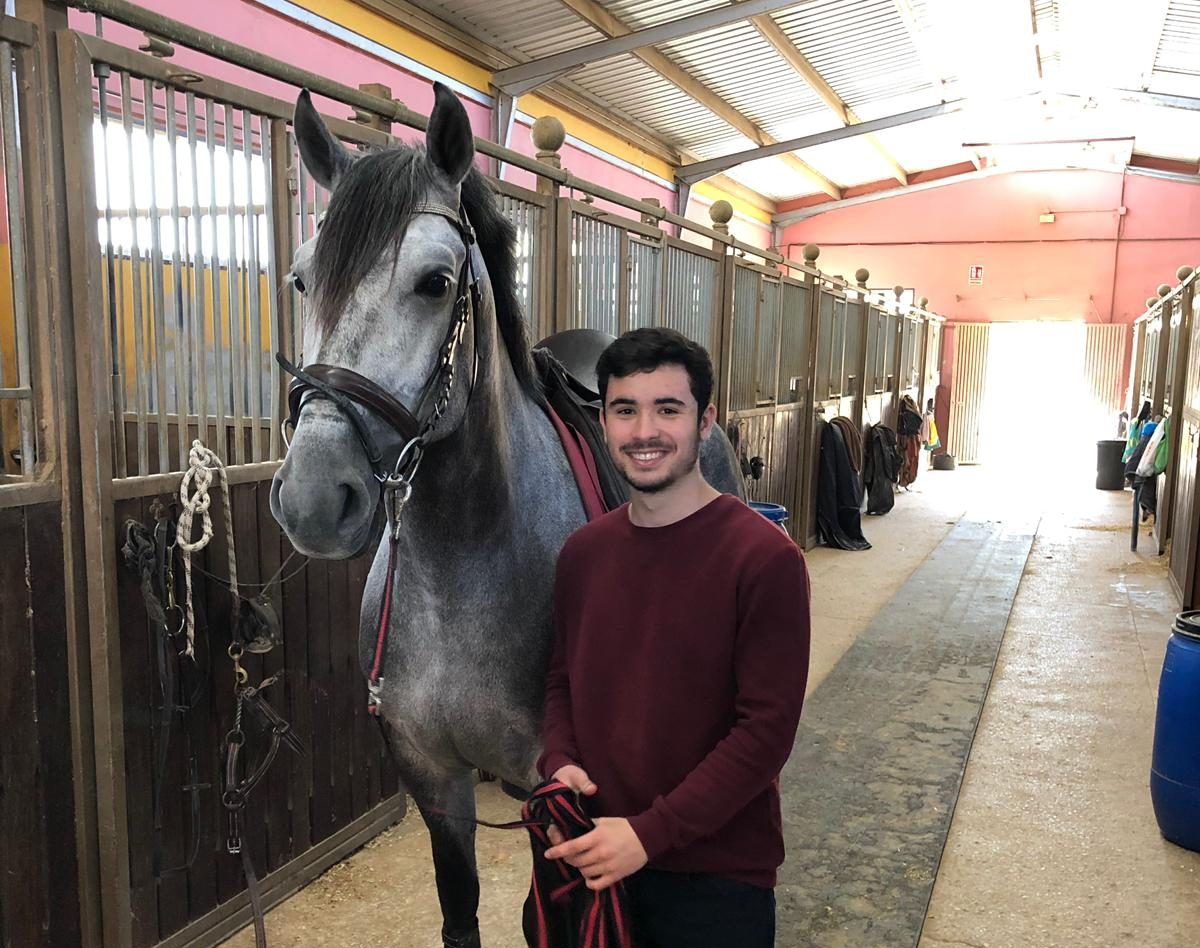
- So, you’re a beekeeper and a third-year Veterinary Medicine student. How are you finding combining your work with your studies?
- It’s not easy, but what you keeps you going is that vocation you feel for veterinary medicine.
“For veterinarians, solidarity and a respect for nature is in our DNA. It can be difficult sometimes, but at the end of the day we’re doing what we love.”
- You were saying earlier that you are a member of three student clubs: Zoological Medicine, Extensive Animal Farming and Aquaculture. What about a Beekeeping Club?
- Well, for the moment, I’ve submitted a proposal to the Dean to place some experimental hives at the University Farm – we could put a couple of beehives in there. That’d be a good way to begin to learn more about beekeeping, to research genetic improvement, nutrition, and so on. I think that’d be a good start!
It sure would!
Congratulations César and good luck!


